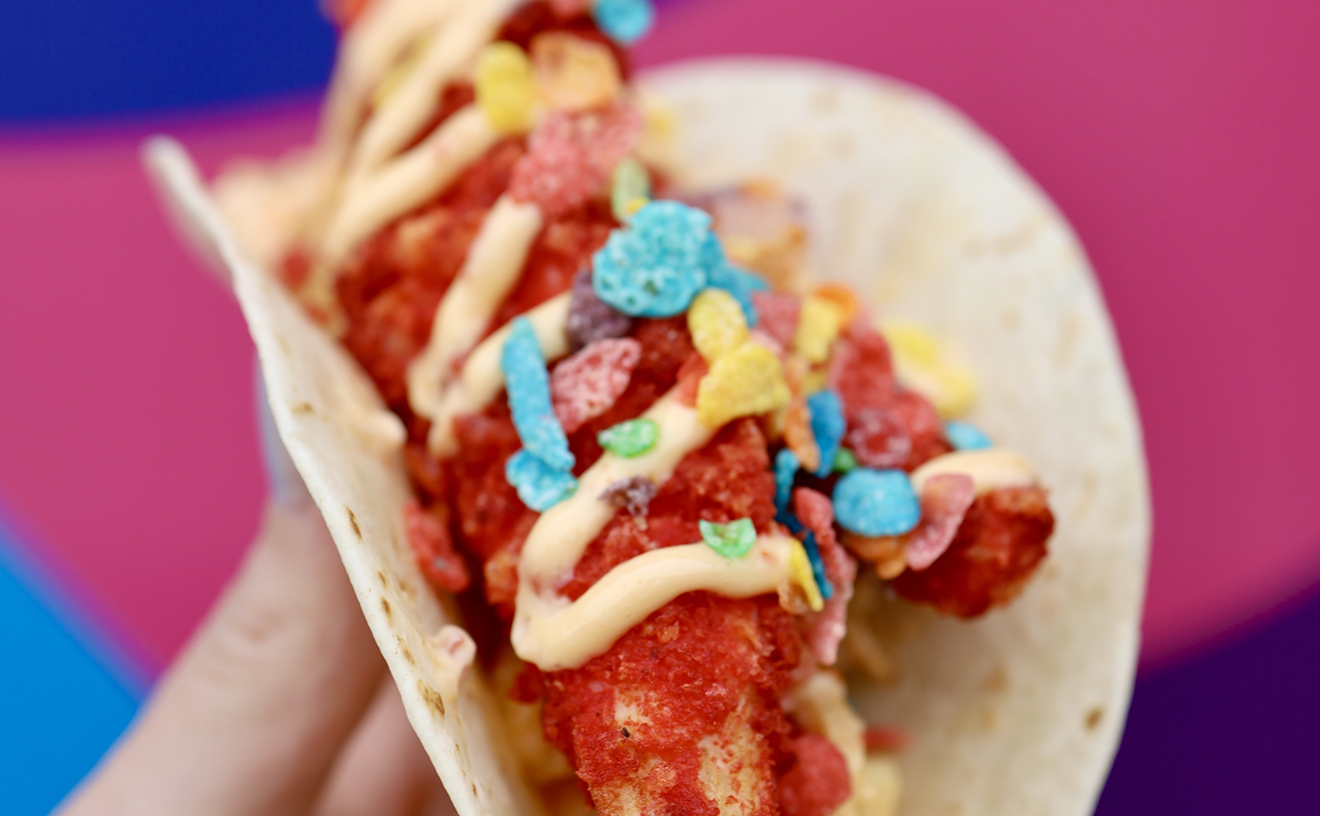It's a question posed to every vegan at one time or another: What's wrong with eating eggs and dairy? They don't kill the animals, so what's the problem?
But as on Instagram, things aren't always what they appear.
Dig a little deeper and the realities of dairy and egg farms are unpleasant indeed. To get the deets, we spoke to Jaya Bhumitra of Compassion Over Killing. Check out her answers to your burning questions after the jump.
See also: Cowspiracy Screenings Look to Raise Awareness About Environmental Hazards of Eating Meat (Video)
First off -- egg farms. Chickens aren't killed for their eggs, so what's the big deal, people often ask?
"Like all birds, chickens are smart animals with complex and meaningful social relationships," says Bhumitra. "In fact, their intelligence is so advanced that a recent study described them as 'cleverer than toddlers,' with the ability to do math and apply logic, plan ahead, and even exhibit self-control."
Chickens are arguably the most abused of any farmed animals, she adds.
"Males born in this industry are killed on their first day of life since they don't lay eggs (usually by being ground up alive in macerators, drowned, or suffocated), while females are forced to spend nearly their entire lives in barren wire 'battery' cages that are so small, they can barely even move."
Baby chicks ground up alive isn't exactly the picture of happy, bucolic farm life.
"With such limited space, the birds' wings and feet may become entangled in the cages and ripped by the cage wires, and dead birds are left to rot among the living. The lack of movement contributes to the birds' osteoporosis, and their brittle bones are easily broken but not fixed. And after about two years in these conditions (a fraction of a chicken's normal lifespan of about 10 years), 'spent' hens are slaughtered for pet food."
But cage-free is okay, right? Those chickens have it good?
Not so much, says Bhumitra.
"Animal welfare claims on egg cartons are currently unregulated in the US, enabling egg producers to mislead consumers with exaggerated and false claims," she explains. "More than 95% of eggs sold in the US come from birds confined in barren battery cages as described above; however, without federal oversight, claims on egg cartons can--and commonly do--misrepresent to consumers how those eggs were produced."
Basically, the labels are extremely misleading.
Not to mention, even farms that claim to be cage-free or humane engage in the practices mentioned above -- killing baby males and spent hens.
Then there's the dairy industry. Many people believe that cows automatically produce milk, even that they must milked for their own comfort. This is false. Like humans, cows only give milk for -- you guessed it -- their babies.
"Like us, cows only produce milk for their young. Yet, on dairy factory farms, milk production is manipulated through constant cycles of artificial insemination and birth--and, in order to collect their milk for humans to drink, their calves are immediately taken away. This separation causes extreme grief for both mother and calf," says Bhumitra. Videos have demonstrated cows loudly crying when separated from their babies.
Not to mention, male calves, like male chicks, are considered "unwanted byproducts."
"Males are often raised for a few months and slaughtered at a young age so their meat can be marketed as 'veal.' After a few years of constant impregnation, milk production may decline to a level deemed unprofitable in the industry, Bhumitra explains. "These 'spent' cows will be shipped to slaughter and often turned into fast-food hamburgers."
Cows even have best friends, and they've been known to celebrate when they experience 'eureka' moments (like these rescued cows jumping for joy).
As far as farms that claim to be "humane", Bhumitra says this is really a misnomer, since all animals on all commercial farms end up slaughtered.
"While some farmers may provide the chickens or cows they are raising with more room to move, or avoid painful procedures such as debeaking (in which the tip of a chicken's beak is painfully seared off without anesthesia) or tail docking (in which a cow's tail is chopped off, also without anesthesia), in the end all these animals are slaughtered, an inherently violent act that simply cannot be described as humane."
Compassion Over Killing also frequently conducts farm investigations. In many cases, they've found horrific cruelty, including last year at Quanah Cattle Co., a Colorado farm that purchases newborn calves from dairy farms, then ships them out to be raised for meat.
The bottom line: supporting these industries is supporting cruelty. And that's the problem with eggs and dairy.
"Quanah Cattle Co. is still operational, as this type of mishandling is unfortunately not unusual. Our investigations don't merely expose the 'one bad apple,' because there is not just one bad apple -- there's a general culture of neglect and abuse that the industry has attempted to hide behind the closed doors of factory farms," Bhumitra says.
"This treatment of animals is not consistent with American values, and as people learn the truth, they are eager to make more compassionate choices. After all, we can stand up for animals every time we sit down to eat -- simply by choosing vegan foods."
Every little bit helps. The good news for foodies is, the market for substitutes that don't involve animals is getting more delicious every day, from egg-free mayo to coconut milk desserts.
Follow Hannah on Twitter @hannahgetshappy.
Follow Short Order on Facebook, Twitter @Short_Order, and Instagram @ShortOrder.










